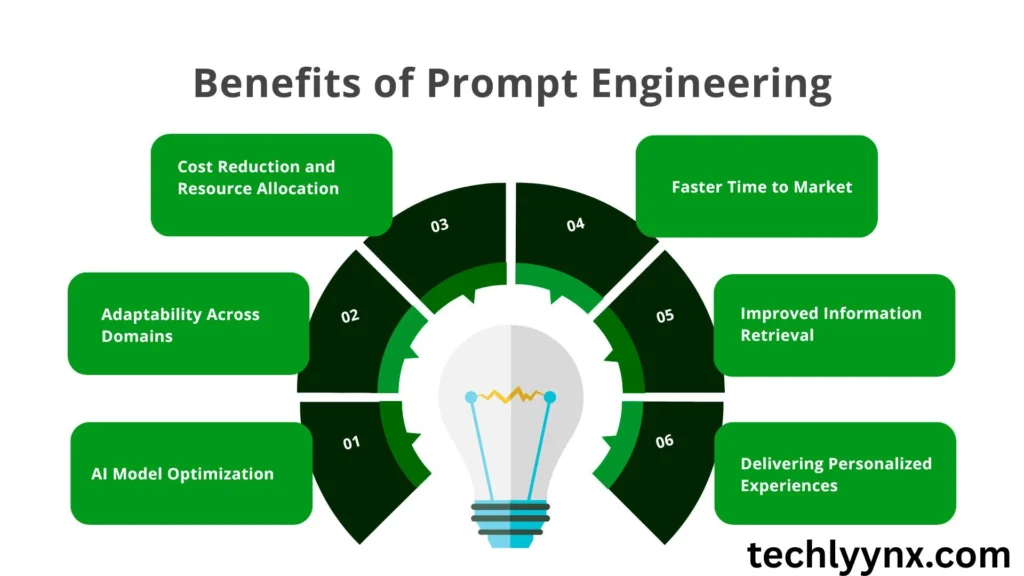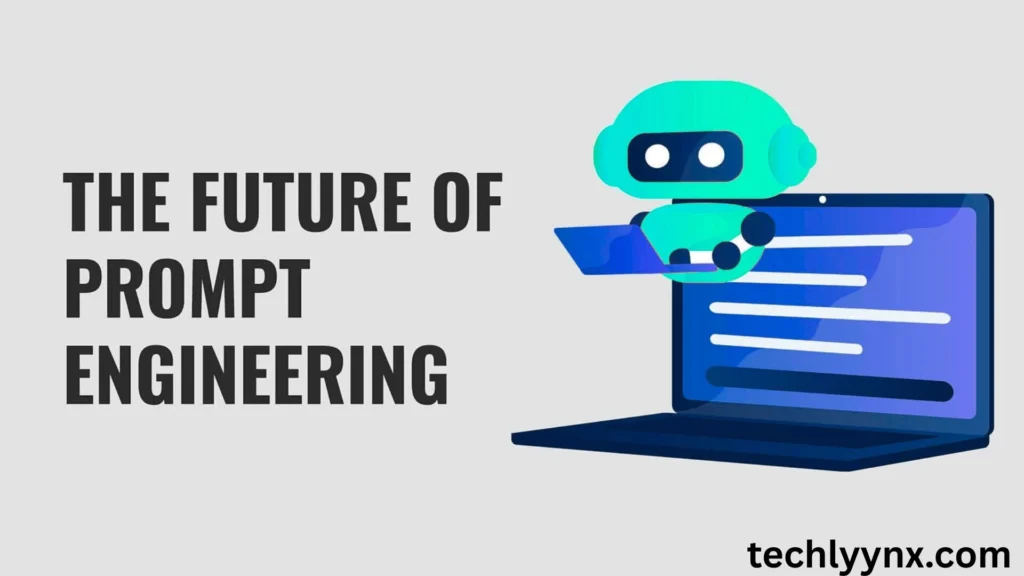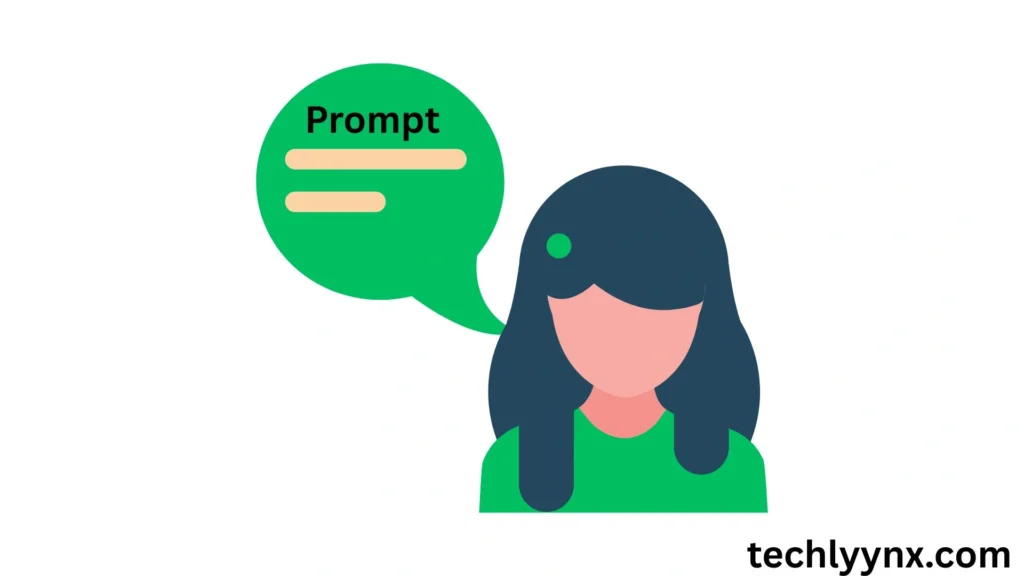The way we live, work, and create has been altered by artificial intelligence. The need for more intelligent machine communication is expanding quickly, from chatbots that respond to consumer inquiries to AI tools that produce code, artwork, and even video. AI Prompt Engineering is a brand-new, exciting field at the center of this change.
The solution frequently boils down to prompt engineering if you’ve ever wondered why one individual can use ChatGPT, Claude, or Gemini and get incredible results while another finds it difficult. Everything you need to know about AI prompt engineering will be covered in this beginner’s tutorial, including what it is, why it matters, how to get started, and potential future directions.
What is AI Prompt Engineering?

Fundamentally, AI prompt engineering is the art and science of creating efficient inputs, or prompts, that enable an AI system to produce precise, imaginative, or practical outputs. “Write me a poem about space” is a simple example of a “prompt.” It can also be as complicated as a multi-step command, such as “Write Python code that fetches weather data from an API, explains each step, and suggests possible improvements.”
The prompt’s format has a significant impact on the caliber of the AI’s response. Consider it like a conversation: you will receive ambiguous responses if your inquiries are unclear or confusing. However, the AI will respond much more favorably if you ask specific questions and include context.
For example:
- Weak prompt: “Explain history.”
- Strong prompt: “Explain the history of the Roman Empire in 5 short paragraphs, focusing on its rise, peak, and fall.”
The second prompt is specific, structured, and gives the AI a framework to follow. That’s exactly what prompt engineering is all about.
Why is This Important?

In almost every business, the emergence of potent Large Language Models (LLMs) has opened up new opportunities. However, even the most sophisticated AI systems might provide responses that are unrelated, skewed, or deceptive if they are not given the proper instructions.
Why AI Prompt Engineering is important is as follows:
Improved Outcomes: Properly crafted prompts direct the AI to provide more precise, imaginative, and pertinent responses.
Saves Time: A powerful prompt ensures that outputs are done correctly the first time, eliminating the need for iterative refinements.
Customizable Outputs: With the correct prompt, you may educate AI to write like a professional journalist, teacher, or even comedian.
High-Demand Skill: This is a rapidly expanding job path because companies all over the world are actively employing prompt engineers at competitive salaries.
Gives Non-Coders More Power Benefits can be had without being a programmer. To fully utilize AI, anyone can learn prompt engineering.
In summary, it’s a communication skill for the AI era rather than merely a technical one.
Beginning Prompt Engineering with AI

So how do you actually begin learning AI Prompt Engineering? The good news is, it’s approachable for beginners. Here are the steps:
a) Understand the Basics of AI
Before you dive deep into prompts, learn a bit about how AI language models work. You don’t need to be an expert, but knowing that these systems predict words based on patterns in data will help you craft better prompts.
b) Practice with Popular AI Tools
Start experimenting with tools like ChatGPT, Claude, Gemini, or Llama. Ask them the same question in different ways and compare the answers. Notice how small changes in wording lead to big changes in output.
c) Learn Prompt Frameworks
Some commonly used frameworks include:
- Role Assignment – “You are an expert historian…”
- Step-by-Step Instructions – “Explain the process in 5 steps…”
- Constraints – “Write under 200 words, avoid jargon…”
- Examples – “Here’s a sample, now generate something similar…”
d) Keep a Prompt Journal
Document what works and what doesn’t. Over time, you’ll build your own playbook of proven prompts.
e) Explore Online Courses
Platforms like Coursera, Udemy, and specialized AI academies now offer AI Prompt Engineering courses tailored for beginners and professionals alike.
Real-World Applications

The versatility of AI Prompt Engineering is among its most intriguing features. Here are some examples of how it’s having an impact:
- Content Creation: It helps writers and marketers rapidly and efficiently create blogs, social media posts, and ad content.
- Education: Teachers design lesson plans, explanations, and quizzes specifically for each student.
- Programming: AI is used by developers to produce code fragments, troubleshoot issues, and even come up with ideas for fixes.
- Business: Businesses use prompt engineering to write reports, analyze data, and create chatbots for customer service.
- Creative Arts: AI prompts are used by designers and artists to create visuals, music, and even video scripts.
With the increasing capabilities of AI systems, the applications are growing daily.
Future of AI Prompt Engineering

As AI advances, many experts predict that AI Prompt Engineering will also advance. Some claim that since models will be better able to comprehend spontaneous discourse, we won’t need to create prompts with as much care in the future. Some contend that the ability will always be necessary, just like effective communication is timeless.
Future trends that could emerge include:
Specialized Prompt Roles: Professionals with a concentration on prompts related to finance, healthcare, legal, etc.
Prompt Marketplaces: Online marketplaces for the purchase and sale of efficient prompts.
Integration with Agentic AI: Even AI systems capable of doing multi-step activities on their own will still need carefully thought-out cues to establish objectives.
Cross-Disciplinary Development: Prompt engineering methods will be influenced by disciplines such as psychology, linguistics, and education.
In other words, if you’re learning this Prompt Engineering today, you’re not just gaining a trendy skill—you’re preparing for the future of work.
Final Thoughts
In the digital age, AI prompt engineering is rapidly becoming as one of the most valuable competencies. With no coding knowledge needed, it provides a simple way for novices to get started in the field of artificial intelligence. You may fully utilize AI tools for creative endeavors, career development, or personal productivity by developing your ability to ask smarter questions.
Don’t be intimidated if you’re just getting started. Start with tiny experiments, gain knowledge from real-world examples, and gradually increase your confidence. You’ll come to see that prompt engineering is about influencing the direction of human-AI cooperation, not just talking to computers.

